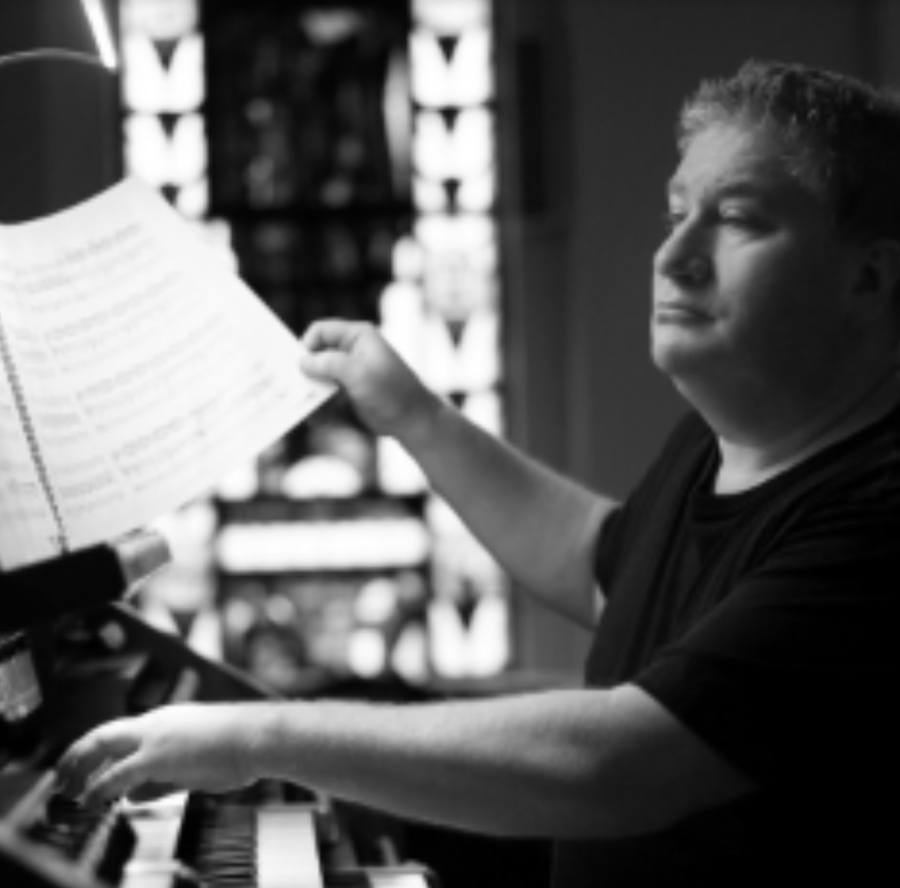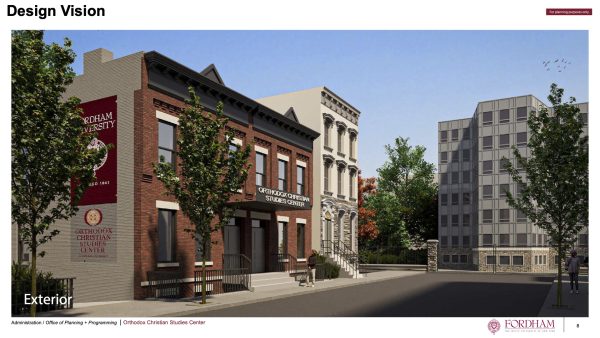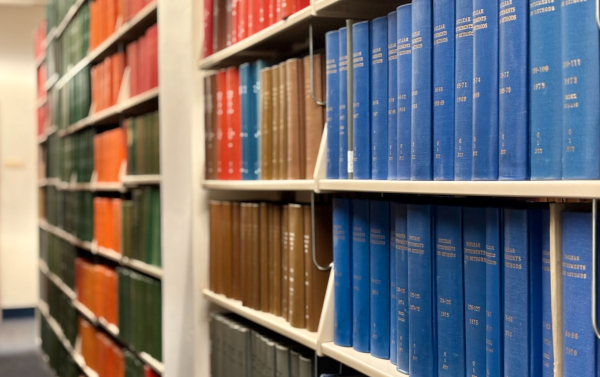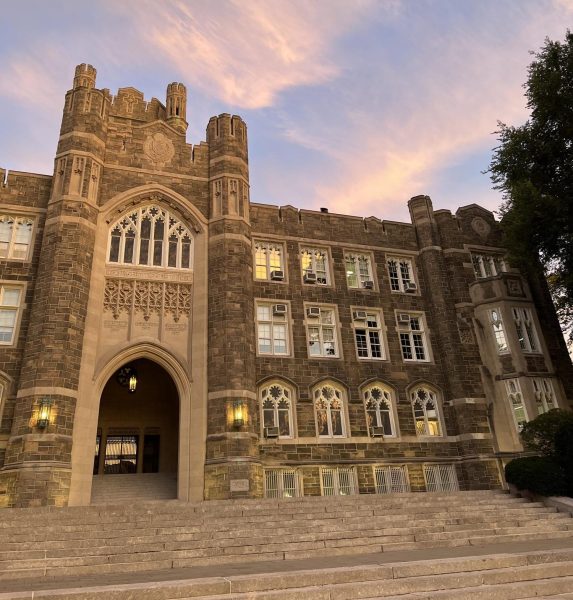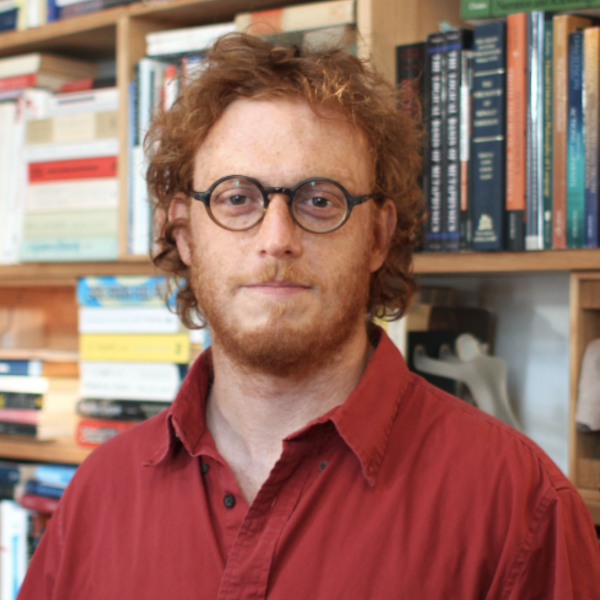Fordham Hosts St. Ignatius of Loyola Chair Lecture
On Feb. 1, Fordham hosted a lecture by Father Stephen Schloesser, a Jesuit professor of history at Loyola University Chicago, where he teaches European history, western civilization, intellectual history and history of Jesuits and Catholic Church. He previously taught at Boston College and the Weston Jesuit School of Theology.
Although he holds a position at Loyola Chicago, Schloesser will be serving a temporary role as a professor at Fordham for the remainder of the semester through the St. Ignatius Loyola Chair program. Within this program, Jesuits from all over the world are invited to serve as “a distinguished professor who would contribute to and enhance the Catholic and Jesuit tradition of Fordham University.” Invited Jesuits typically hold their chairs within the program for one or two semesters within a specific university school or department. They are able to teach either graduate or undergraduate courses, and typically hold lectures at both the Rose Hill and Lincoln Center campuses.
Throughout his career, Schloesser won various awards, including the Sujack Family Award for Faculty Research Excellence, Apple Valley Foundation’s Curatorial Excellence Award, as well as the John Gilmary Shea Prize, which is granted by the American Catholic Historical Association. Furthermore, Schloesser “also serves as the 2021 Pierre Teilhard de Chardin, S.J. Fellow with the Hank Center for Catholic Intellectual Heritage.” He also received a grant from Calvin College to fund a publication project on Olivier Messiaen’s, a 20th-century French composer, organist and ornithologist who was influenced by the surrealist movement.
Although he said he assumes no prior knowledge in regards to musical training, Father Schloesser was fascinated by the 20th-century composer and decided to make his lecture pertaining to his piece, “Joy of Stars’ Blood,” the fifth movement from “Turangalila Symphony.” During the lecture, he went into detail explaining why Messiaen, who is known for creating unusual titles, may have chosen such a name for a composition.
Within his lecture, Schloesser explained that Messiaen would portray joy as a complex emotion, rather than something that is simply felt. In fact, when Messiaen was asked why he would include the word “joy” within his symphony he responded saying “joy conceived by one who has only glimpsed it in the midst of misfortune.”
Schloesser spoke about the early life of Messiaen and how he had a neurological condition called “synesthesia.” Because of the condition, when Messiaen heard sound or listened to music, he also saw colors. Schloesser then showed a clip from an orchestra performing “Joy of Stars’ Blood” with fireworks in the background, explaining that “while the fireworks represent joy and stars, they do not really capture what Messiaen means by ‘joy.’ In order to do that, the stars would need to be bleeding.”
With this, a connection is made between “Joy of Stars’ Blood” and another one of Messiaen’s compositions, “Garden of Love’s Sleep.” According to Schloesser, Messiaen explicitly associated the “Garden of Love’s Sleep” with “Romeo and Juliet,” because the composition starts off with a grand tone, but eventually concludes on with an “ominous note,” representing the emotional beginning and demise of the famous couple. “Joy of Stars’ Blood” is planned to be performed in March 2023 at the New York Philharmonic.





































































































































































































